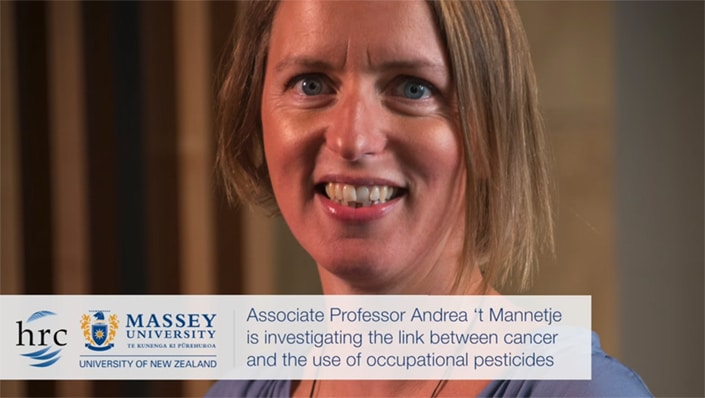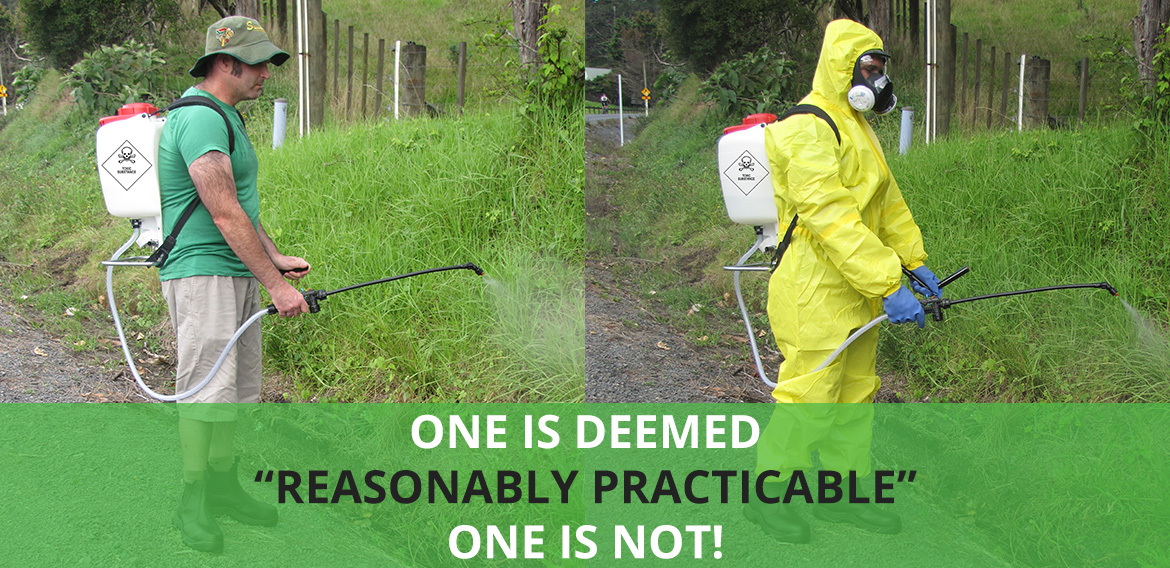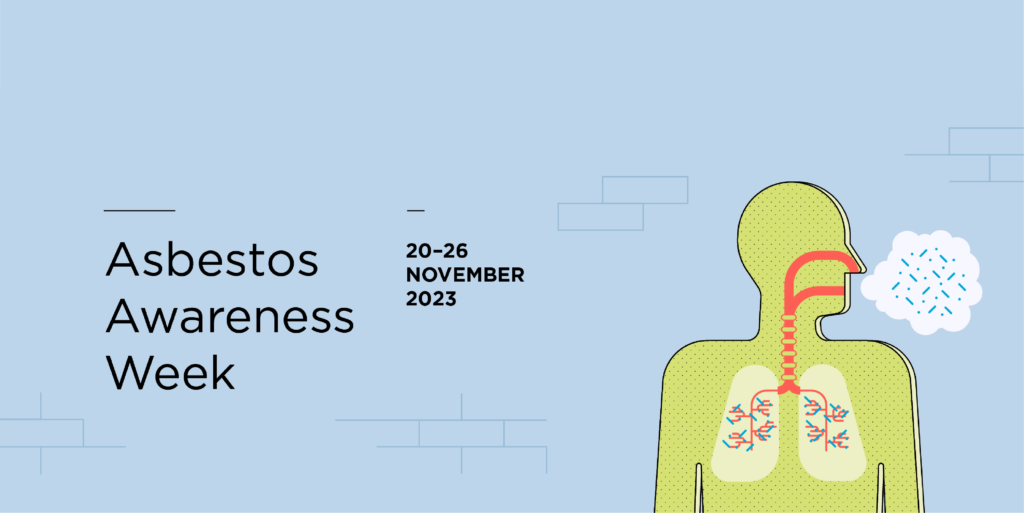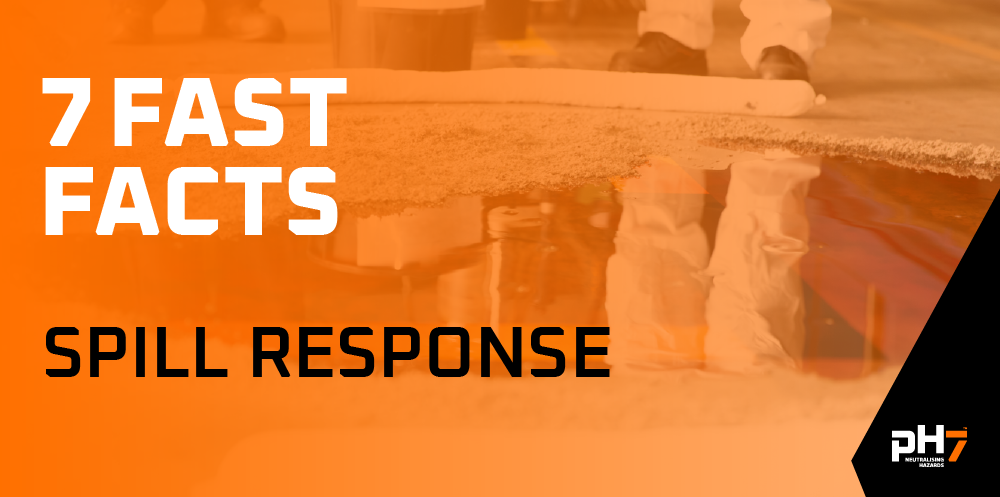The chemical control of pests and weeds using pesticides has played a vital role in global farming for decades but our understanding of how those chemicals affect us and our families is still in its infancy. There’s now a growing body of research from around the world that points to the long-term harm of coming into contact with pesticides, herbicides and fungicides – and even as our lawmakers look to control or phase out some of the worst offenders, some New Zealand farmers remain in the dark about health problems linked to their use.
The potential harmful effects of long-term exposure to pesticides
Many people working on farms are well-aware of the acute effects of using toxic chemicals because the risks are as apparent as machinery or livestock, but when the toxicity builds up over the long-term, the symptoms – such as depression, sleeping problems, mood changes and, at the worst end of the scale, cancer and neurological diseases – are far more difficult to trace back to exposure to agrichemicals.
Andrea ‘t Mannetje, associate professor at Massey University’s Centre for Public Health, is studying the links between pesticide use and cancers such as leukaemia and non-Hodgkin lymphoma in the lower North Island, and she says that repeated research in New Zealand since the 1980s has warned of the long-term effects of small doses of agrichemicals.

Andrea says that because she is still exploring fallout from pesticides used 20 years ago, it’s important for farmers working today to take all precautions necessary.
“I think the precautionary principle applies here because there’s a lot we don’t know,” she said. “But we do know that these chemicals were designed to kill pests so we can quite safely assume they could cause all kinds of other harm along the way. Using personal protective equipment is extremely important.”
Another key concern for Andrea is the need to be aware of the risk to families – and especially children – from carrying small amounts of chemicals into the home via work clothes, pointing to evidence that long-term effects can also include childhood brain development, asthma, Parkinson’s disease and ALS, also known as Lou Gherig’s disease. “These may not be very common in the population but they are still a big concern.”
Taking steps towards safer working conditions
The growing awareness around the importance of careful handling of sprays has led to many countries developing more stringent rules around their use. For example, the US Environmental Protection Agency has revised its worker protection standards to include annual training, the use of appropriate PPE, signage and exclusion areas while spraying is taking place.
Darryl Burn, Managing Director of hazardous substances handling company, ph7 International, says the latest research is a wakeup call for Kiwi farmers.
“Farmers have for a long time used these sprays with only a limited understanding of the potential harm they could be doing to themselves, their families and their co-workers,” he said. “Until they realise that there are long-term health problems associated with unsafe handling of these chemicals, it is going to be very difficult to get them to change their habits.”
If you’d like to learn more about how your working environment may be a risk to you and your colleagues, and how you can minimise these potential risks, feel free to reach out to us on 0800 323 223 or email us at enquiries@ph7.co.nz. We can conduct site risk assessments and recommend the appropriate equipment to keep you safe.







